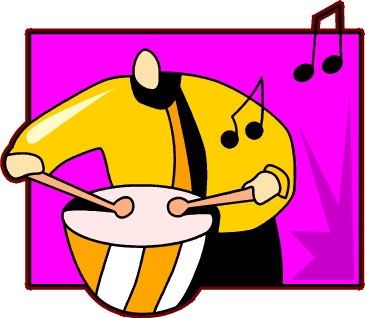The one skill a statistical consultant must have
A few weeks ago, I ended my post with “there is one thing a statistical consultant absolutely must have and promised to say what that is in the next post. Maria and I had just picked up our rental car at the Detroit airport when she turned to me and asked:
So, what is the one thing a statistical consultant has to have?
I told her,
“I have absolutely no idea what I was thinking last month!”
In my defense, I have been in five states and 22 cities in the past 21 days. Maria says it is only 16 because I was in Minneapolis, Fargo and Denver twice each. She also says I can’t count Denver, Chicago or San Francisco since I only changed planes there. Poo!

Now that I am back in Los Angeles and my brain has unfrozen I think there are actually five things you must have but one of these is the most important. In my not at all humble opinion, though, you need ALL FIVE.
The actually five skills a statistical consultant must have

- COMMUNICATION – This is the number one most important skill. If you don’t have the rest, you’ll still suck and be unemployed but a terrific communicator with mediocre statistical analysis skills will get more business. I don’t just mean shaking hands and small talk at conferences, either. Communication includes documentation, both in your code and in codebooks, an internal wiki, etc. It includes letting clients know what you’re going to do, what it’s going to cost, what that cost includes, what were your result and what those results mean. If you’re good at communicating with clients, colleagues and your future self, you’re half-way to success.
- TESTING – I’ve ranted on this blog a lot about testing because it is one of the areas where people often seem to fall short early in their careers. I got a lot of hate for this post when I said I don’t hire self-taught developers because there are things they don’t teach themselves adequately, like testing.
- Statistics – Well, duh. Props to the person in the Chronicle of Higher Education forum whose signature read, “Being able to find SPSS in the start menu does not qualify you to run a multinomial logistic regression.” Your clients may not know what power, quasi-complete separation or multicollinearity mean in interpreting an analysis. They do trust that you understand whatever is necessary to be understood for the work. Don’t let them down.
- Programming – when I was a graduate student Very Important Professors had lowly peon graduate students and programmers to write their code for them. All of those people had started their careers using punched cards, (honest!) it was that long ago. All of the statistical consultants I know do programming, or can code their own analyses if necessary. Even if you aren’t doing it all yourself – I’m certainly not these days – you need to know enough to review the code your minions wrote or help said minions when they get stuck. Sometimes, it’s just quicker to do it by yourself than explain to someone else, especially if you need to fix a bug in a code that a client is waiting on.
- Be a generalist – I’ll have more to say about this in future posts. In brief, even the consultants I know who are well-known specialists in one language know and use others. If you think your career is going to be you sitting on a mountain or in penthouse office, pontificating to others about sums of squares, the computation of Wilks’ lambda or options for PROC GLMSELECT , you are going to be sadly disappointed. On the other hand, if you do know of a job like that, I would consider taking it for a sufficiently large quantity of money.